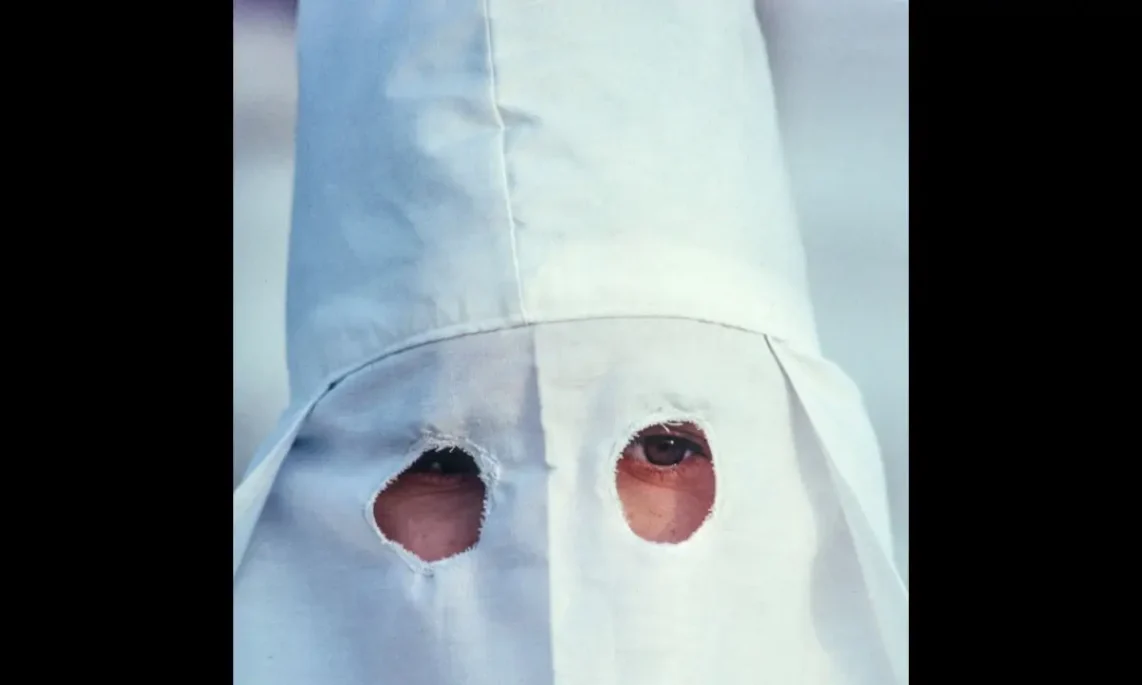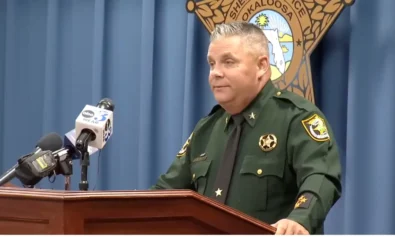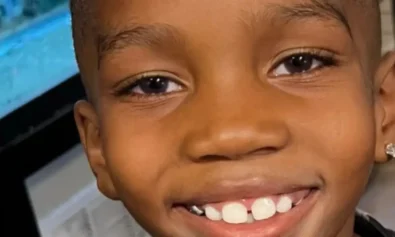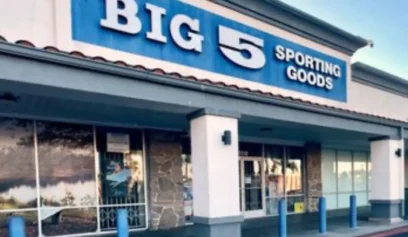The North Carolina senate gave preliminary approval to a bill that would make it illegal again to wear a mask in public, but Democratic state Sen. Sydney Batch blasted the measure, claiming it protected the ability of hate groups such as the Ku Klux Klan to cloak their faces during public events, but not people with health issues like herself.
The bill advanced in response to heated pro-Palestinian protests on college campuses across the nation and would remove an exception to North Carolina’s ban on masks that was originally created during the early days of the COVID-19 pandemic.
This change means that people wearing masks during demonstrations in North Carolina could face heftier penalties if arrested. It could also make repeatedly blocking streets or highways a felony offense.

Since the start of the Israel-Hamas war last October, pro-Palestinian protesters have continued to cause major disturbances on college campuses nationwide, including those in Raleigh and Durham.
Tensions have also escalated on UNC’s campus in recent weeks, with multiple arrests stemming from tense clashes with police, while many demonstrators had on masks.
Republican state Sen. Buck Newton introduced the bill last week, aiming to deter individuals from hiding their identities while engaging in criminal activities, especially during the ongoing protests, which have turned violent, resulting in numerous arrests.
Oddly, the state’s ban on masks originated in the early 1950s as a response to the increasing ranks of the KKK in North Carolina. To deal with the issue at the time, the state legislature passed a panoply of restrictions targeting “prohibited secret societies,” including most public masking.
The ban evolved to include exceptions that permit a “secret society or organization” to request permission from a municipality to wear masks or hoods during public events such as parades and protest marches, which are protected under the free speech clause of the First Amendment.
“So, this bill will protect the Ku Klux Klan to wear a mask in public, but someone who’s immunocompromised like myself can’t,” Batch said, according to CBS 17.
The law does provide many other exceptions for wearing masks, including for Halloween costumes, masquerade balls, occupations where masks are necessary for physical safety, and the use of gas masks for civil defense drills, exercises, or emergencies.
Newton has not yet addressed the law’s perceived leniency toward hate groups.
So far, he has only publicly dismissed criticism over the bill’s removal of mask-wearing allowances for health reasons, particularly for individuals who are deemed immunocompromised.
“I think there are people out there trying to prey upon their fear about that,” Newton said, according to WNCN. “This was not a problem pre-COVID. We didn’t see Granny getting arrested at Walmart. I trust people’s good common sense. I trust law enforcement’s good common sense.”
But Batch, a cancer survivor, says Newton’s bill goes too far and puts lives at risk by implementing an all-out ban on face coverings.
“But, there are people that are walking around every single day that are immunocompromised, every single day for the rest of their lives. It is meaningful to them. They could die,” she said, according to the local outlet.
Senator Lisa Grafstein also expressed concerns about the potential impact on individuals with disabilities.
“I have been hearing, and I know a lot of folks have been hearing, from a lot of people who are deeply, deeply frightened by this,” she said, per WNCN.
Kerwin Pittman, an organizer of social justice demonstrations in Raleigh, expressed concerns that the bill could discourage people from exercising their First Amendment rights.
“With this bill passed, law enforcement will begin to stop Black and brown people in their communities who may be wearing masks for health concerns or safety concerns,” he said.
Newton clarified that the bill does not include a criminal penalty solely for wearing a mask and sought to reassure the public that law enforcement officers would not target individuals solely for this reason.
However, Democratic state Sen. Natasha Marcus emphasized that wearing a mask in public would be breaking the law, suggesting that anyone doing so would be subject to arrest.
Sen. Batch expressed hope for reaching “a compromise” with Newton as the bill progresses toward a full vote in the full Senate, which could happen later this week.


